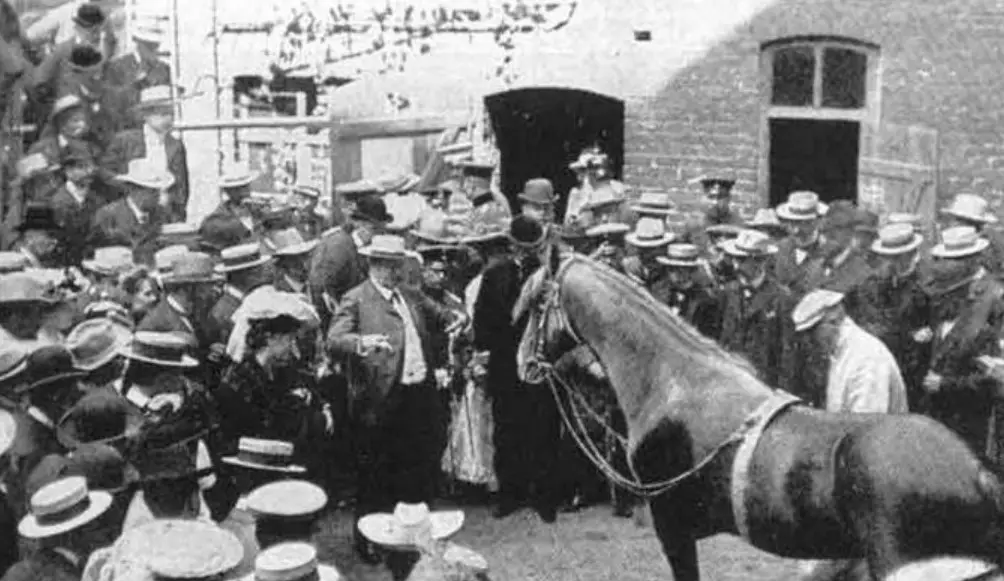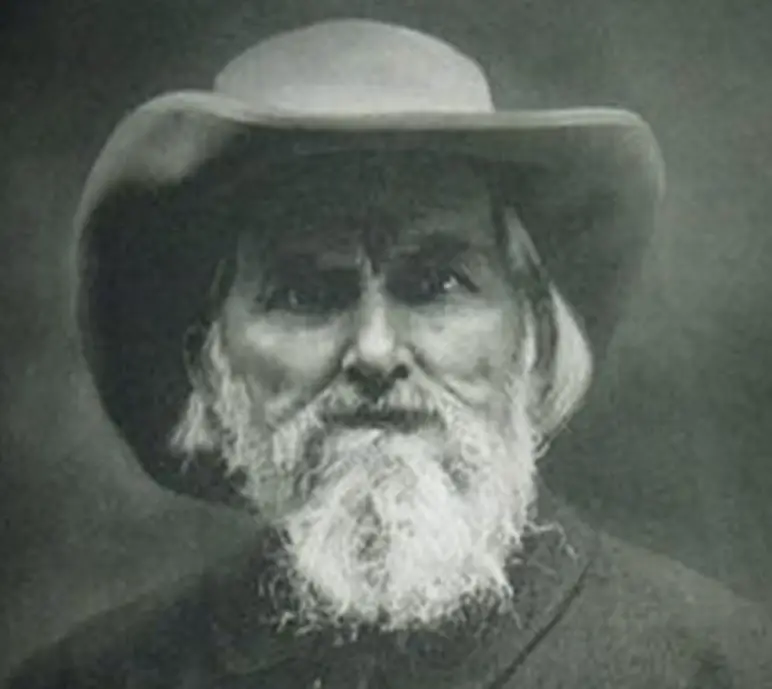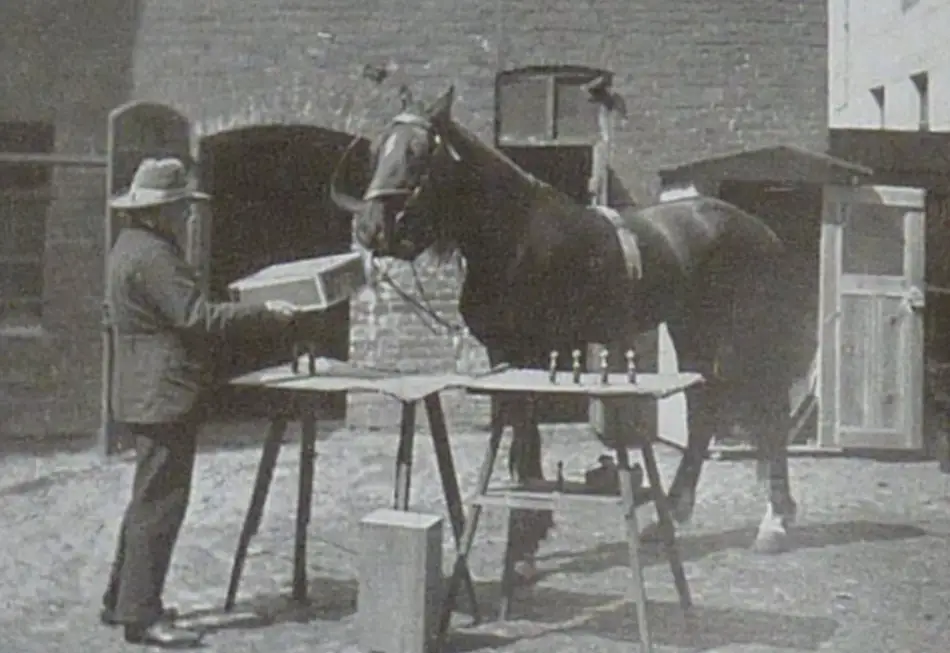At the beginning of the 20th century, Wilhelm von Austin’s Oryol trotter named Hans became sensational. Von Austin taught mathematics at the gymnasium and was also fond of the ideas of phrenology. At the same time, Darwin’s theories of evolution are gaining more and more popularity, and therefore of particular interest is the possibility of the existence of intelligence not only in humans. Therefore, Wilhelm begins to explore the mental abilities of his horse.

Hans turned out to be surprisingly talented. He showed a talent for mathematics – he added, subtracted, multiplied, and divided rather large numbers and even knew how to work with fractions. He was guided by dates and times, read and perceived complex phrases by ear.
The horse was able to answer completely non-trivial questions like “If the fifth day of the month falls on Wednesday, what day will next Thursday be?” The horse gave answers with a clatter of hooves and asked him questions both in writing and orally. The question could be asked not only by the owner, but not 100% of the answers were correct, but a significant part of them.

Very quickly, von Austin and Hans became so famous that they could give street performances, many people came to these performances. The performances were absolutely free and each viewer had a chance to take part in the performance by asking “Clever Hans” their question. The horse was featured in newspapers and soon became famous all over the world. Thus, the attention of not only ordinary people but also scientists were attracted to Hans.
A psychologist from Germany Oscar Pfungst took up the phenomenal abilities of Hans. He conducted endless series of experiments, excluding the influence of the owner, isolating the horse from the questioner. Thus, an interesting psychological effect was found. It turned out that a horse could only answer a question if it could observe some person who should have known the correct answer.
In his experiments, Pfungst excluded the possibility of giving signals and secret signs from the owner, but according to the accumulated statistics, the horse still received information from observing others. After that, the psychologist’s attention turned to people.

And very soon involuntary reactions to correct answers were revealed – eyes widened, posture changed, etc. the horse simply beat slowly with its hoof until it noticed the reaction of the viewer. The psychological effect of “smart Hans” was simply the subject’s attentiveness.
The result of this discovery changed the protocols for conducting psychological experiments, as well as new information about non-verbal communication between humans and animals.

